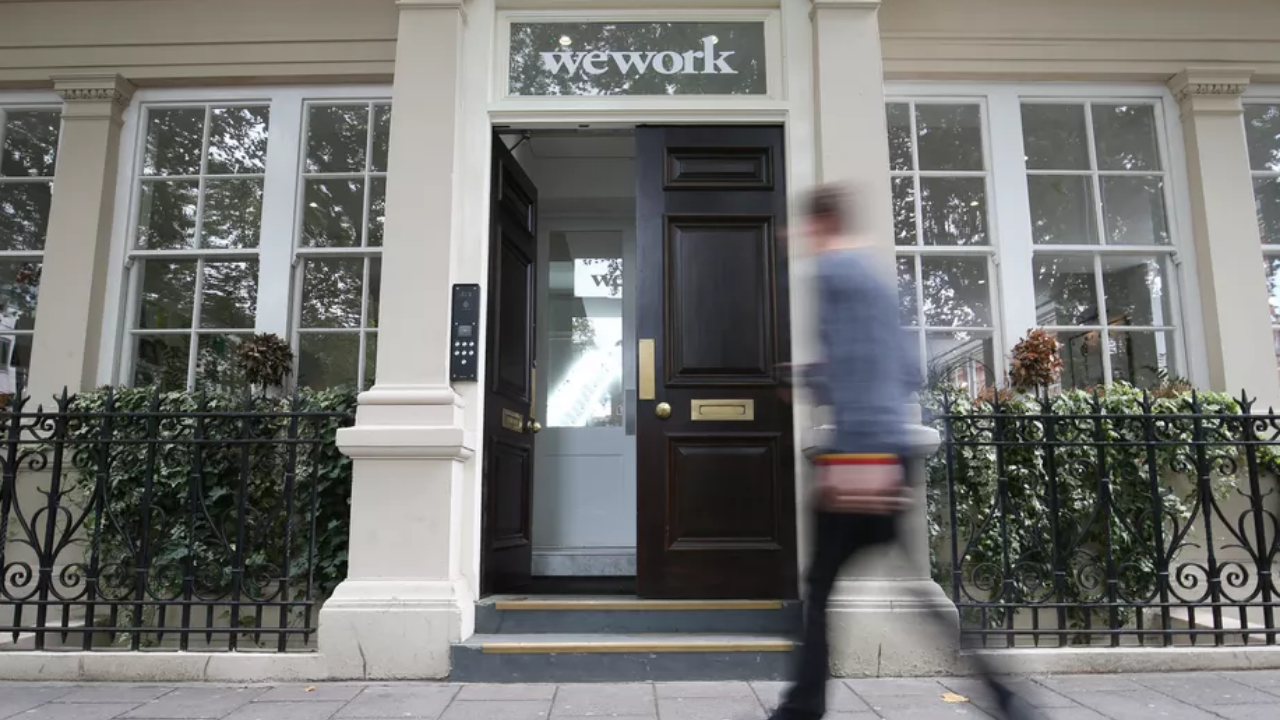Coworking company WeWork recently filed for its initial public offering as a tech company, but what does that mean, exactly?
“If you’re going to raise capital, it’s an easier way to get your foot in the door by saying you’re some new kind of disruptive tech company,” said Paul Condra, lead emerging technology analyst at research firm PitchBook.
In the S-1 filing, WeWork emphasized the factors that made it a tech company: acquiring other tech companies and bringing that technology into its operations, and using machine learning to predict how to build out each of its spaces.
Still, the company’s main model involves signing long-term leases, remodeling the space, then subleasing them to people and companies on a short-term basis. This seems more like a real estate company than anything else.
Some claim that WeWork self-proclaiming it is a tech company is a stretch. If the reasonings above are true indicators of a tech company, the same could be said about Airbnb, DoorDash, Uber, and several others.
According to Condra, if the company sells tech, then it is a tech company. Still, as technology becomes vital for companies’ models from various industries, the line has become blurred.
While it may just seem like semantics, claiming to be a tech company can actually have repercussions from the perspective of the investor.

 Dr. Gleb Tsipursky – The Office Whisperer
Dr. Gleb Tsipursky – The Office Whisperer Cat Johnson – Coworking Marketing Maven
Cat Johnson – Coworking Marketing Maven Angela Howard – Culture Expert
Angela Howard – Culture Expert Drew Jones – Design & Innovation
Drew Jones – Design & Innovation Andrea Pirrotti-Dranchak – Competitive Advantage
Andrea Pirrotti-Dranchak – Competitive Advantage Jonathan Price – CRE & Flex Expert
Jonathan Price – CRE & Flex Expert Jeremy Fennema – Tech Innovation Alchemist
Jeremy Fennema – Tech Innovation Alchemist







